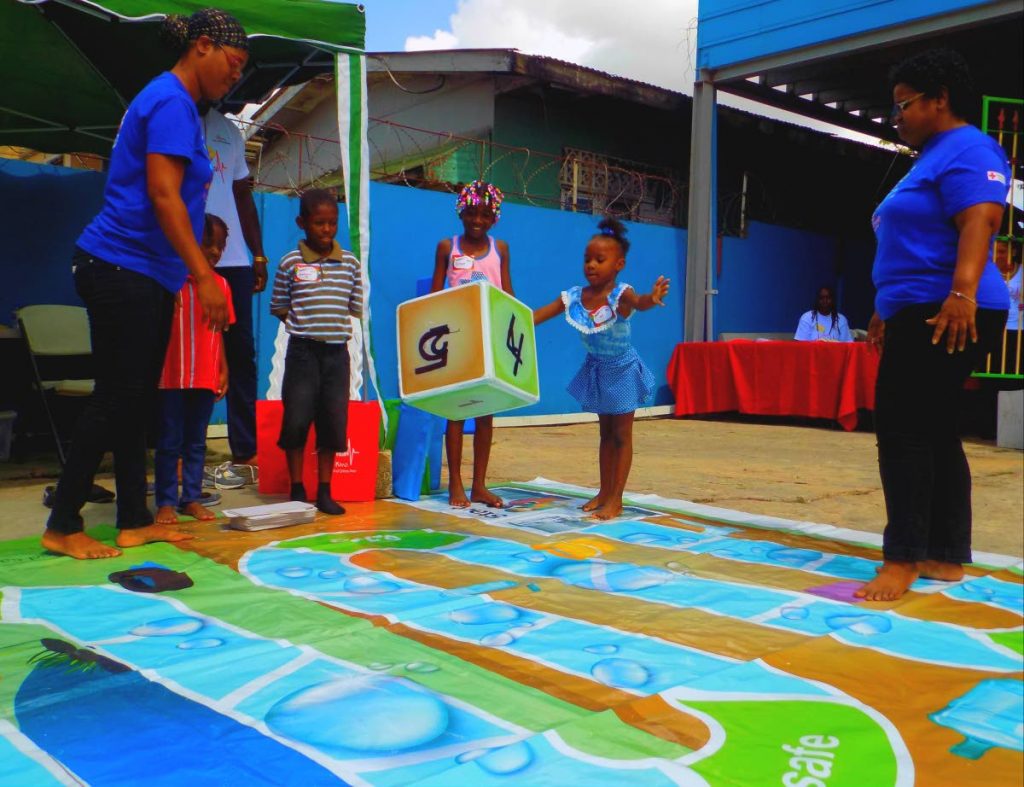Zika cases down, all's well in TT

Zika cases in TT have decreased and systems have been strengthened to minimise the effect of the mosquito-borne virus in babies, a health expert disclosed last month.
"Today, due to the immunity acquired from infections from large sections of the population of TT, Zika cases have decreased," Julia Henn, director of the US Agency for International Development (USAID) Eastern and Southern Caribbean, reported to local health providers last month.
And despite debate on the possibility of another outbreak, Henn said procedures and tools have been developed to improve the response to the virus by USAID, through its flagship Maternal and Child Survival Programme (MCSP) and partnering organisations. She addressed the closing event for Zika response activities at the Mt Hope Women's Hospital.
The Ministry of Health, the North West Regional Health Authority (NWRHA) and the MCSP have trained health providers in essential care for babies and introduced best practices in early childhood development, including therapeutic stimulation and psychosocial support for parents and caregivers. They have also supported comprehensive clinical assessments of children with suspected exposure to Zika.
"USAID's contribution to the development of a Zika pregnancy registry to inform policy and local research in TT and the wider Caribbean, and tools and resources developed for health care professionals has been one of the many project highlights from TT with applications to many other countries," Henn said. "And I would like to underscore that while this work was focused specifically on Zika, the investments made are far reaching, and will help to prevent, respond and control all mosquito-borne illnesses, and not just mosquito-borne illnesses, but broadly maternal and child health."
In August 2016, the US government launched a multifaceted project to strengthen the capacity of 11 Caribbean countries, to prevent transmission, address the impact on maternal child health and development, and decrease mosquito populations through effective vector control measures. TT's first reported case of Zika was in February 2016, with reported infections reaching its peak in mid-2016.
The MCSP started in TT in February, 2018, in partnership with the ministry and the NWRHA to address existing challenges in the health system, in order to improve the capacity of service providers to care for newborns and small babies.
"The project also improved health workers' ability to provide therapeutic early stimulation and psychosocial support to mothers and families affected by Zika," Henn said. "...The large decrease in cases compared to the same period of May, 2016, seemingly shows that all is well in relation to Zika in TT."


Comments
"Zika cases down, all's well in TT"